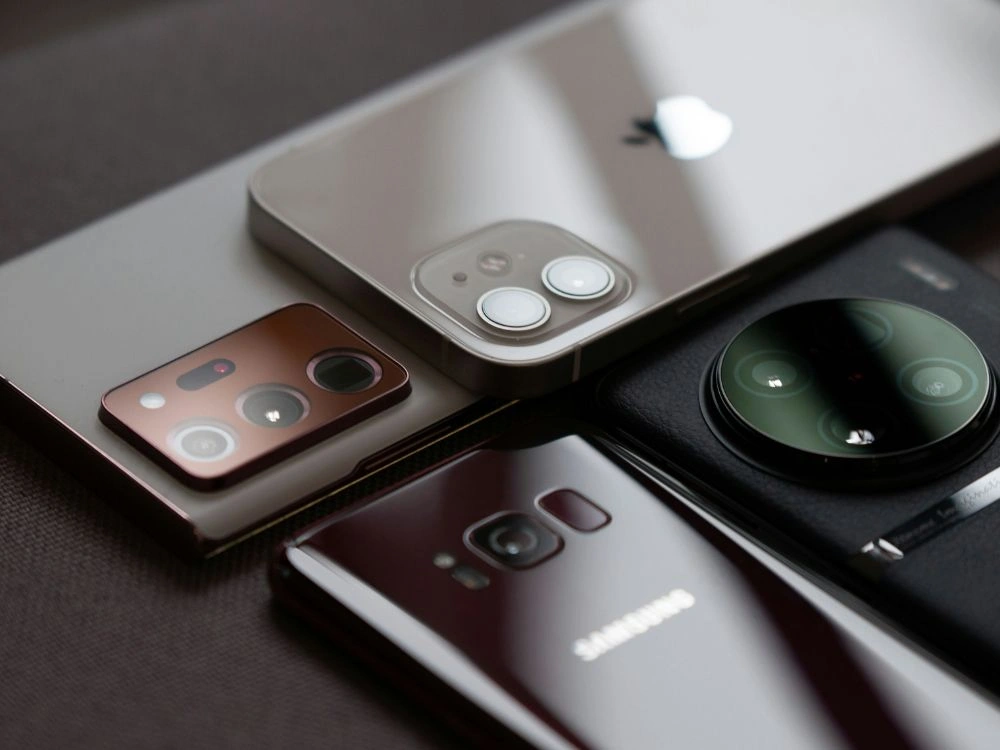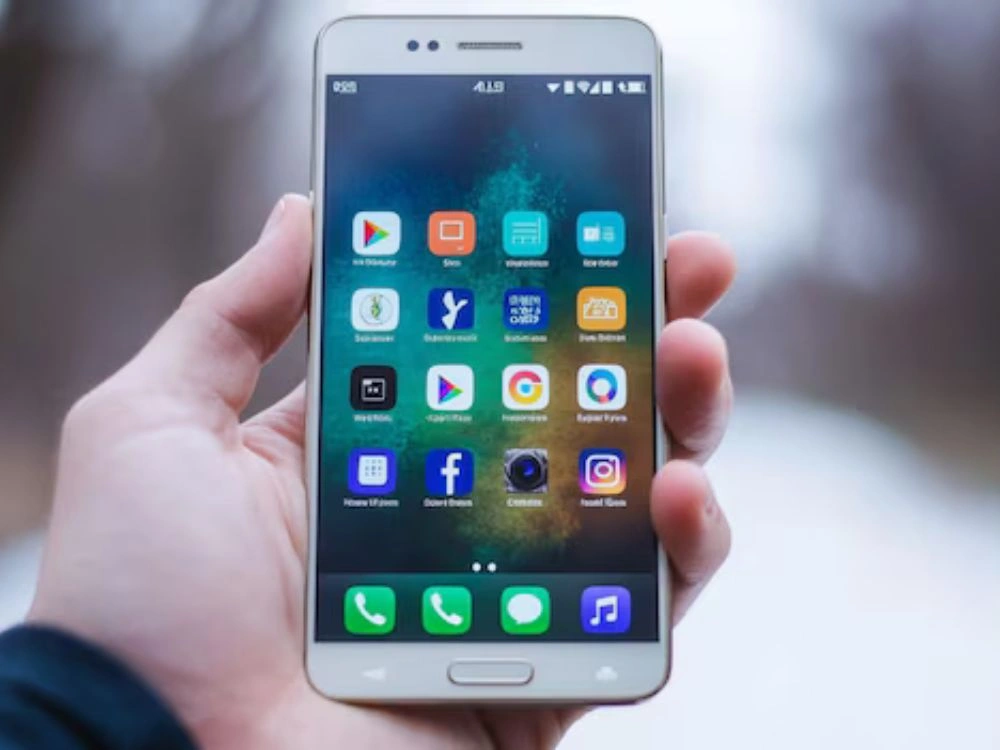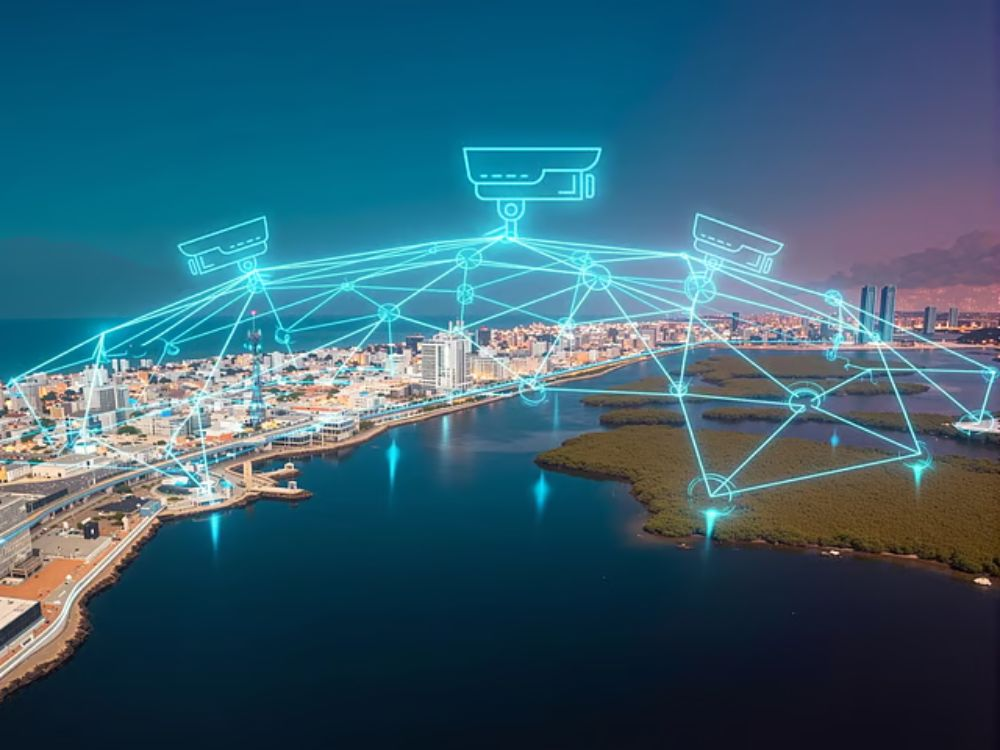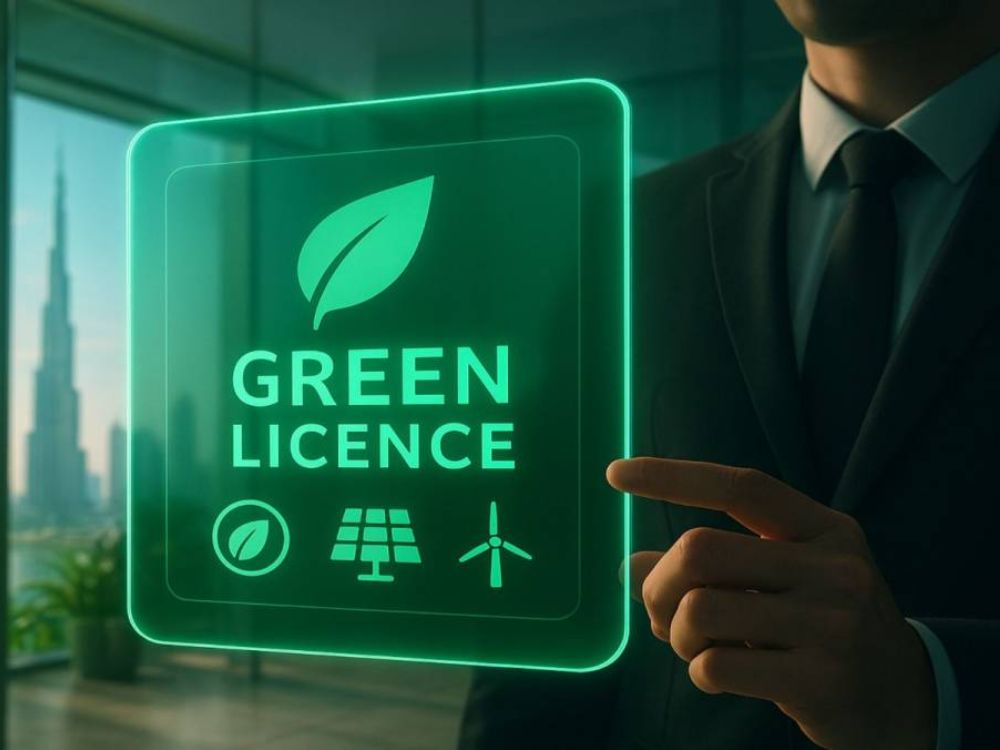iPhone vs Android: Which Ecosystem Is Right for You?

iPhone vs Android: Which Ecosystem Is Right for You?
Choosing a smartphone isn’t just about hardware anymore—it’s about the ecosystem. Whether you’re leaning toward an iPhone or an Android device, your decision will impact everything from app compatibility to device integration. This article compares iPhone vs Android to help you decide which smartphone ecosystem aligns best with your lifestyle and preferences.
User Experience and Interface
One of the biggest differences in the iPhone vs Android debate is the user interface. iPhones, powered by iOS, offer a highly consistent and intuitive interface across all Apple devices. It’s a clean, smooth experience that even non-tech-savvy users appreciate.
On the other hand, Android offers greater flexibility. Manufacturers like Samsung, Google, and OnePlus customize Android to offer unique features. If you enjoy personalizing your device with widgets, launchers, and themes, Android might feel more dynamic and adaptable.
App Availability and Quality
Both ecosystems support millions of apps, but there are differences. Apple’s App Store is known for strict app quality control, meaning apps generally feel more polished and secure. Many apps launch first or exclusively on iOS.
Google Play offers a wider variety and is more open to innovation, but some lower-quality or clone apps can slip through. That said, Android also supports sideloading apps, giving tech-savvy users more control.
Hardware Choices and Pricing
iPhones are released in limited models, and the pricing tends to remain on the higher side. Apple focuses on premium quality and long-term software support. If you’re budget-conscious, older iPhone models like the iPhone SE or refurbished units can be alternatives.
Android, however, offers a wide range of devices in all price brackets—from flagship models like the Galaxy S24 Ultra to budget phones under AED 1000. For a detailed look at the latest smartphone releases, visit GSMArena, a trusted source for mobile specs and comparisons.
Looking for phones that offer great value in the UAE? Check out our guide on Top Budget Smartphones in the UAE to find options that balance performance and price.

Integration with Other Devices
Apple leads when it comes to ecosystem integration. iPhones work seamlessly with Macs, iPads, AirPods, and the Apple Watch. Features like AirDrop, Handoff, and Universal Clipboard provide a fluid experience if you’re already in the Apple ecosystem.
Android’s integration varies by brand. Samsung has built a strong ecosystem with SmartThings and Galaxy Watches, while Google offers smooth synergy with Pixel devices and Chrome OS. While Android may not yet match Apple’s cohesion, it’s improving quickly.
Security and Updates
Apple has a strong reputation for privacy and regular updates. All supported iPhones receive iOS updates simultaneously, enhancing security and new feature rollout.
Android updates are fragmented. Google Pixel phones receive timely updates, but other brands may delay rollout. However, Android also offers more user control over privacy settings and app permissions.
Customization and Features
This is where Android excels. Want to change your default apps, add widgets to your lock screen, or install a third-party dialer? Android offers that freedom.
iPhone users get fewer customization options, but Apple has recently introduced features like widgets and lock screen personalization in newer iOS versions. Still, Android remains the go-to for power users and tinkerers.
Which Ecosystem Is Right for You?
Choose iPhone if: You value simplicity, long-term software updates, better security, and own other Apple devices.
Choose Android if: You want more device options, budget flexibility, deeper customization, or a more open ecosystem.

iPhone vs Android Comparison Table
| Feature | iPhone (iOS) | Android |
|---|---|---|
| User Interface | Consistent, intuitive, easy to use | Flexible, customizable with widgets and themes |
| App Store Quality | Stricter quality control, early app access | More variety, sideloading possible |
| Device Options | Limited models, premium pricing | Wide range: budget to flagship |
| Ecosystem Integration | Seamless with other Apple devices | Varies by brand; improving rapidly |
| Updates | Timely, uniform updates across all supported devices | Depends on brand; Pixel gets fastest updates |
| Security & Privacy | Strong privacy focus, tight controls | More user control, but fragmented security updates |
| Customization | Minimal customization | High customization—launchers, widgets, etc. |
| Voice Assistant | Siri | Google Assistant (generally more advanced) |
| Best For | Users in Apple ecosystem, premium experience | Budget-conscious users, tech enthusiasts, customization |
Final Thoughts
The iPhone vs Android decision isn’t just about specs—it’s about how you use your phone and what devices you rely on daily. If you’re looking for a cohesive, secure, and polished user experience, the iPhone is hard to beat. If freedom, variety, and affordability matter more to you, Android is the smarter choice.
No matter what you choose, both ecosystems have matured and offer excellent features. Focus on your needs, budget, and comfort with tech—and you can’t go wrong.



